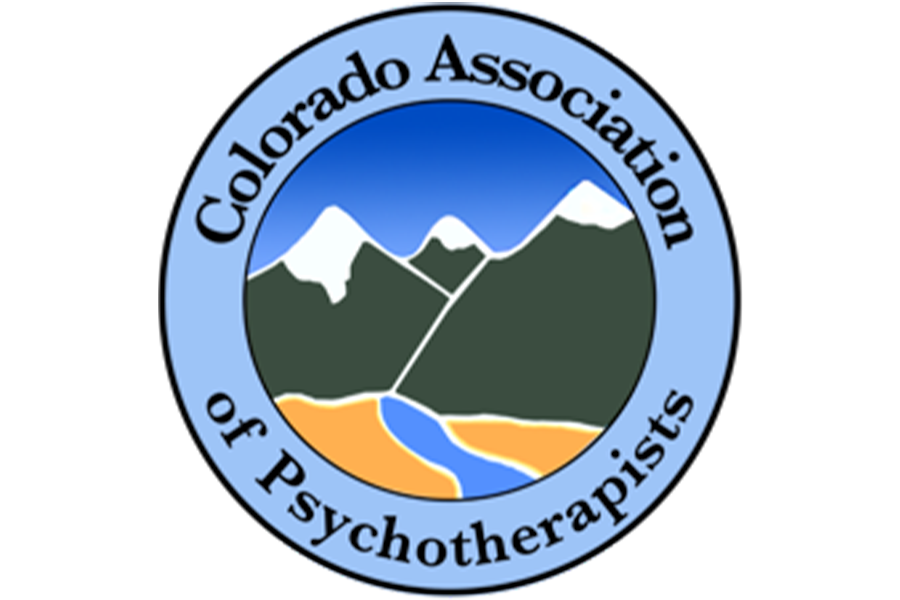Personal growth is something we’re continually working towards. We all want to be the best version of ourselves, but how do we start? We start by gaining knowledge and understanding of emotional intelligence. It’s a guide to using your emotions intelligently in appropriate situations and is a crucial factor in your personal growth process. “Emotional Intelligence is defined as the ability to recognize, understand and manage our own emotions and recognize, understand and influence the emotions of others.” {Peter Salavoy and John Mayer} Essentially, EI is the psychological version of an IQ.
Instead of letting their emotions dictate their behavior, people with higher levels of Emotional Intelligence use their thinking patterns and behavior to guide their emotions. There are many benefits of maintaining a high EI – most importantly, its assistance in personal growth. People with a high emotional intelligence can better manage and understand their psychological well-being, and because of this are less susceptible to anxiety and depression.
So, how do you achieve a higher level of emotional intelligence?
EI has two factors: personal skills and social skills. But in order to achieve social skills, you need to first experience personal growth through bettering your personal emotional skills. There are three major steps in the emotional intelligence process and each of them assists with your personal growth.
Self-awareness
The first step in developing higher emotional intelligence is through self-awareness. When I work with people, my first step is to help them gain knowledge about emotions and become more self-aware of their own emotions. When present events happen that are emotionally similar to events from your past, and you haven’t expressed and resolved those past emotions, you may have difficulty responding wisely and appropriately to the present events. I help you understand and heal your emotions from the past, so you can have a healthy response to present events. Self-awareness is a powerful tool for making new choices that can serve you positively.
Most of us grew up grouping emotions into two categories: good and bad. In general, sadness and anger are grouped in the “bad” category, while joy and happiness are associated with the “good” category. A major part of self-awareness in emotional intelligence is learning how to see emotions as acceptable or unacceptable rather than good or bad. Emotions are just that – emotions, and there is an appropriate time and place for each of them. For example, if you found out your spouse cheated on you, it’s appropriate to feel hurt and anger; feeling those emotions is not bad. It’s important, though, not to react in a destructive way that causes more pain and suffering.
Self-regulation/emotional management
Once you’re aware of your emotions, the next step is learning how to appropriately manage them. A big part of this includes maintaining perspective, which will lead to feelings of self-control and adaptability. Let’s go back to the example of discovering your partner has been unfaithful. Self-regulation and emotional management would require keeping your cool in this situation, where you may feel out of control.
Self-motivation
The final step in emotional intelligence is self-motivation, or the ability to stay goal-oriented even when you’re in the midst of heightened emotions. This includes avoiding the strong urges and impulses that would allow for immediate expression and gratification. Remember what your goals are and know that by acting appropriately, you are increasing the possibility of attaining those goals. Back to the cheating spouse example, your temptation may be to trash all of your spouse’s belongings or to confront them about it in front of their entire office. Instead of doing this, you’d take a step back, ask yourself what the consequences of this action would be and choose a healthy and constructive response.
Emotional Intelligence is a key part of personal growth. If your emotional intelligence is on the lower end of the scale, don’t fret; this is something that you can learn, develop, and work on. I can help you understand your emotions and increase your self-awareness so you can live life more fully and happily. As you improve upon your emotional intelligence, you simultaneously improve upon yourself – mentally, emotionally, and physically. Please contact me for a free consultation if you’re interested in furthering your personal growth and developing higher emotional intelligence.




0 Comments